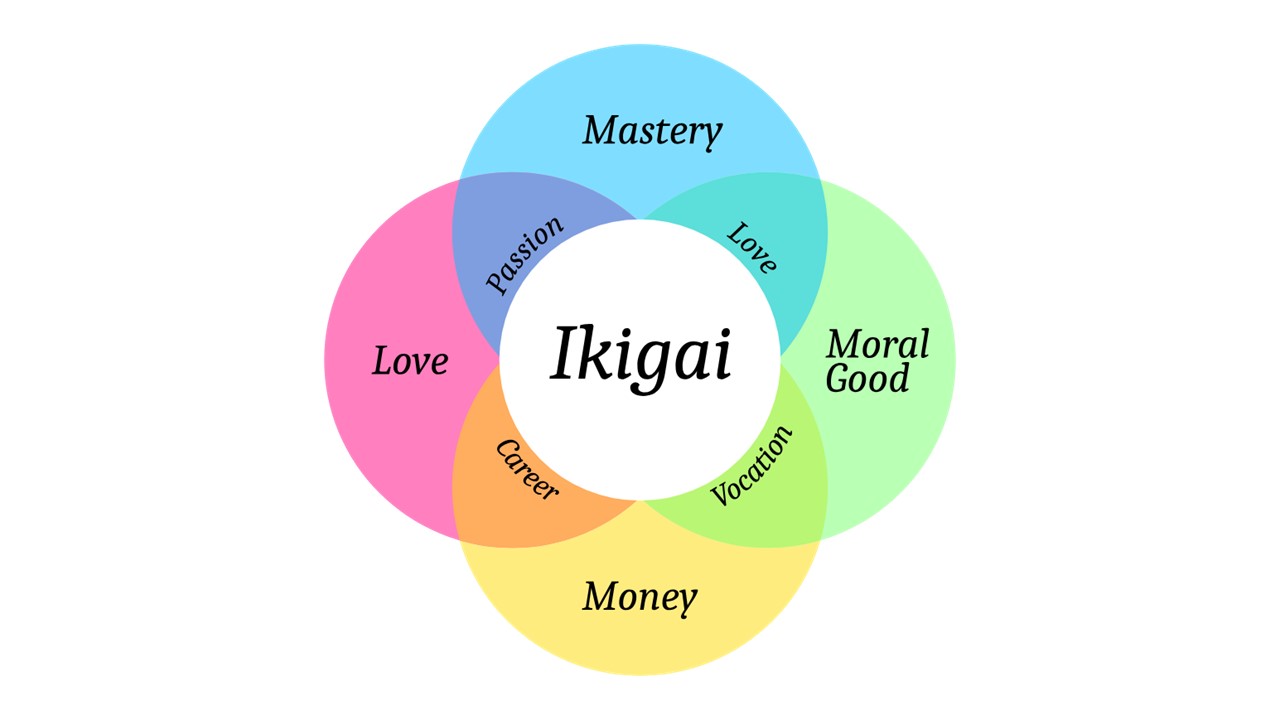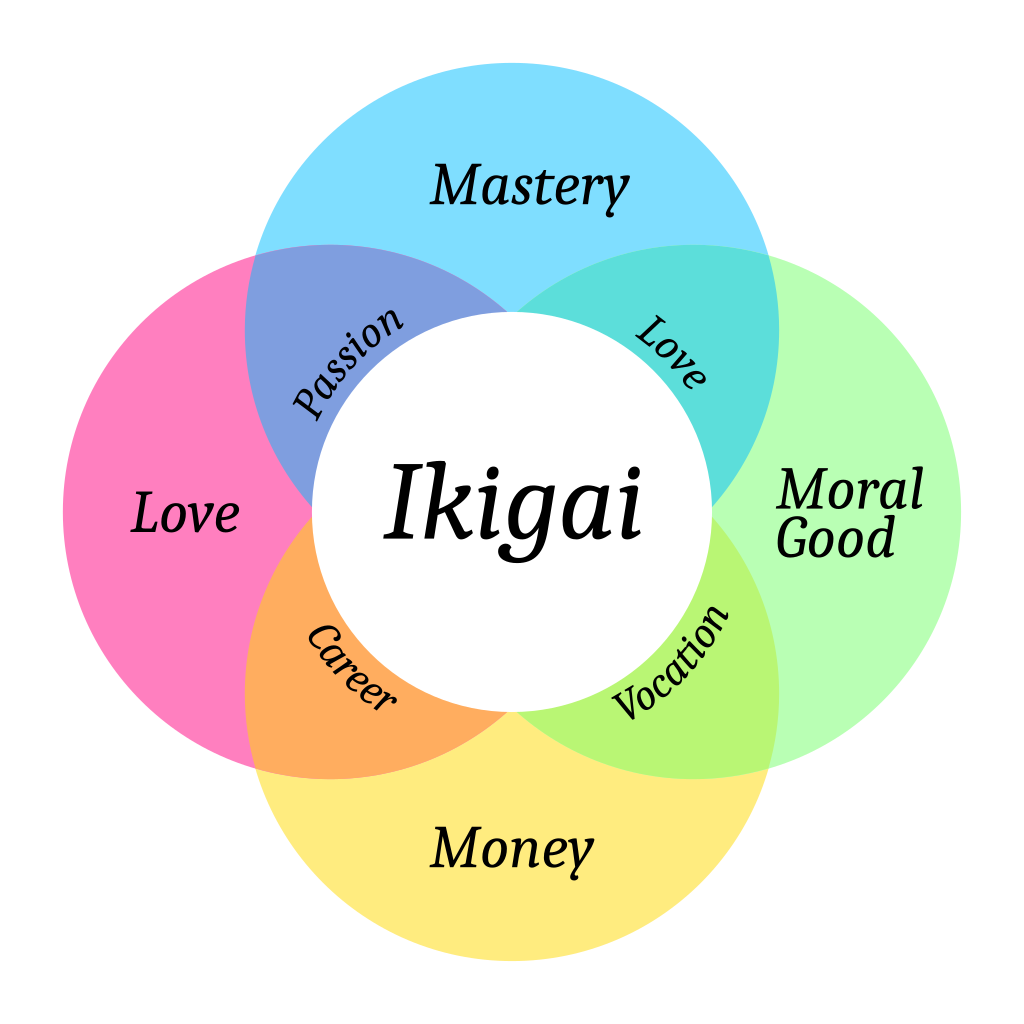
Motivation is a recurring theme in my courses. I teach soft skills used for typical side projects such as blogging, social media, and networking. Since these activities potentially distract from the real purpose of being a researcher, reluctance towards them is endemic in academia. Interestingly enough the conversations I have with my participants are often about finding purpose.
My group sessions and one-on-one conversations with aspiring academic bloggers are the perfect material to train my internal algorithms. The hundreds of answers to my ‘Blogging: why?’ question made me discover a taxonomy of bloggers (from the reflector to the science communicator) and the belief that blogging is only sustained if it is fun, doable, and useful (in this order). During the last months all these reasons started to find their way into the four quadrants formed by two oppositions.
Four quadrants
The first is the self-other opposition. Some reasons start and end with oneself. You blog just because you enjoy it, you use your blog as a thinking tool, or writing blog posts is a way to develop your writing skills. Another class of reasons is oriented at the other. You might want to help the other or you expect them to give something in return.
The second the intrinsic-extrinsic opposition. Writing down your ideas can be a great source of pleasure. Also when there is no personal (skill training, improving ideas) or external (networking, likes) reward apart from the joy of writing. Also writing for the other can be done without expecting anything in return. You feel the urge to give back to society. Of course you probably feel a sense of fulfilment if you do so. After all, it is better to give than to receive. For lack of a better word I group these motivations under intrinsic motivations.
Contrasting to these intrinsic motivators, rewards that come with blogging can be strong motivators. To start with self-development, blogging is a good way to exercise your writing skills. Blogging comes with much more freedom than writing academic papers and allows for creative experiments. Also the development of ideas through writing, like I am doing here, makes blogging a good thinking tool. Especially if is followed by feedback from your readers. And from idea to post is just a matter of hours, not of months, which makes this feedback loop much shorter. Finally, having to blog, being paid for it, improving your network, or creating career opportunities can be reasons.

Boundary cases
While trying to categorize reasons using the above mentioned boxes, I felt a quadrant is too simplistic. There are many boundary cases. Isn’t a sense of fulfilment or joy a reward? Is training your skills self-oriented or ultimately other-oriented? After all, better writing skills will increase your chances on the job-marked and result in more citations of your papers. Maybe a dot-plot with two axis solves these boundary cases. It would add the possibility to distinct more intrinsic from less intrinsic to somewhat extrinsic to really extrinsic.
But where to place the blogpost that was fun to write, that helped your readers, that developed your writing skills, and that lead to an unexpected new career opportunity? Actually, in the ideal world, blogging always takes place at the intersection of self, other, intrinsic, and extrinsic. It is this perspective that I want to open to my participants. The model needs overlap.
Ikigai
While writing this, I remembered how I last year stumbled upon the Japanese concept ikigai. I was preparing a new workshop about the Veni-preproposal. A good proposal needs societal and scientific importance, a candidate with a matching skillset, but also one that would enjoy doing the research. This combination of requirements is somehow presented in the ikigai concept. Quick and dirty it says that purpose (or even a long and happy life) comes from that which combines what you enjoy, what you are good at, what makes the world a better place, and what you can get paid for.

Purpose. It might be a heavy word for a side project such as blogging. At the same time, it is not only the whish to learn new skills that bring PhD students to my courses. Many participants miss something in their job. Some lost their passion for their research after four years of creativity suppression that the rigid academic format results in. Blogging could be their creative playground. Others ask themselves why they do what they do (or even what they are doing). They doubt if it matters what they do or they feel frustrated that the fruits of their blood, sweat, and tears disappear into papers read by a handful and not reach those who need it. Blogging could be their connection to the real world.
Not seldom my individual feedback sessions that should be about blogging drift towards existential questions, or what you might call purpose. The lack of it and finding it again. I am not preaching that blogging will make you live a long and happy life. However, blogging (and other outreach activities) can be inspired by and contribute to purpose. Blogging can be purposeful.

 Private: Hermen Visser
Private: Hermen Visser